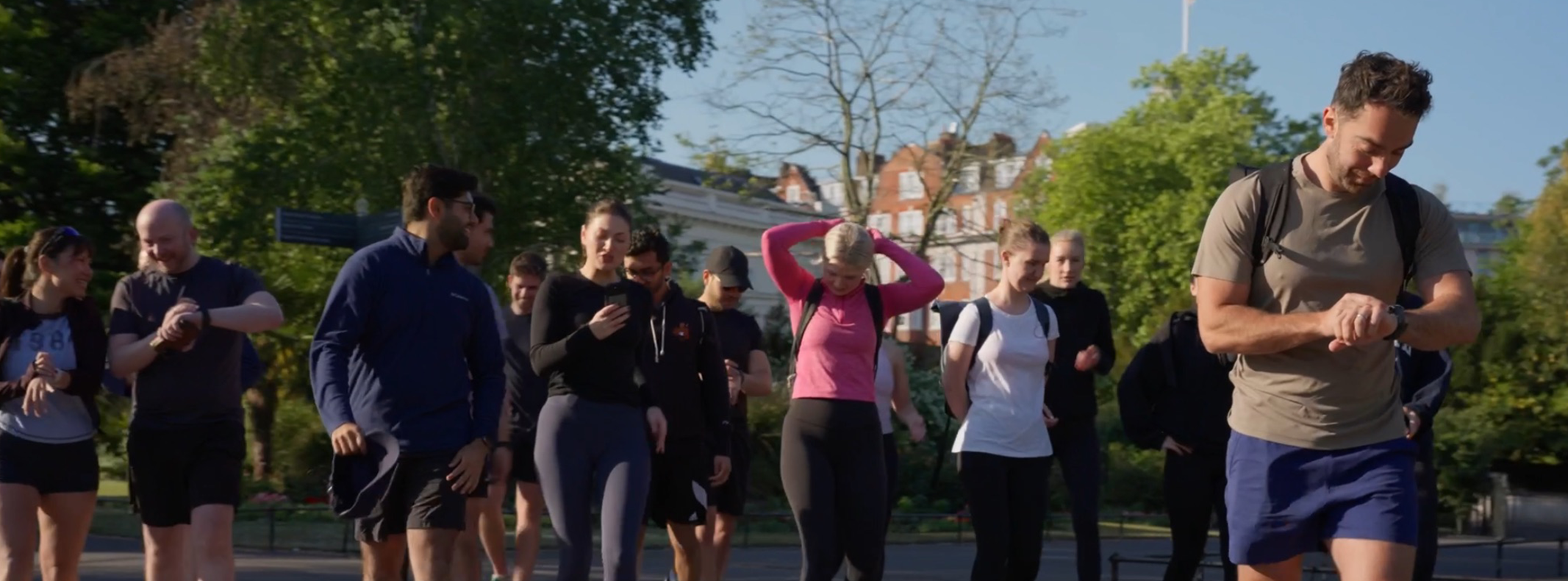Profile: Julia Salasky, Legl
A “job for life” is rare – to walk away from a job for life is rarer still. But that is what Julia Salasky did, when she left the United Nations to start her first company. “I didn’t do it to become a ‘founder’, but to solve a problem,” she says. She’s referring to CrowdJustice, the legal crowdfunding platform she founded five years ago and which has become a core part of access to justice infrastructure in the UK. But CrowdJustice also revealed to her the growing expectation of clients, both individuals and businesses, to have as good a digital experience with lawyers as they do with the other service providers they interact with.
Legl
Today, her year-old company, Legl is on a mission to become the digital infrastructure for law firms. Built by lawyers and technologists, Legl enables firms to run their businesses digitally, whilst giving clients a better experience.
“In the legal tech space, people focus on the delivery of legal services, but actually there’s nothing that’s focused on the business of law itself,” says Julia. Legl is changing that. “We’re listening out for the problems and how we can solve them in a way that makes sense. It’s an important problem that we’re solving. Legal services isn’t just a huge commercial industry, it’s also an important social good.” Legl is removing the time-consuming, admin-heavy work that lawyers can’t bill for, so they can focus on what they’re best at — doing legal work.
The journey
At the United Nations Julia was a lawyer on the War Crimes Tribunal for the former Yugoslavia, then at the UN Commission for International Trade Law. Prior to that, Julia cut her legal teeth at Linklaters in London.
“I was recently clearing out some papers and came across a performance review from my time at Linklaters,” Julia recalls. “It said, ‘Julia is a pleasure to work with but she sometimes has strong opinions and should be careful not to cross those more senior than her.’ It seems funny reading it now, knowing that I ended up jumping off the hierarchical career ladder that a law firm offers and that my ‘strong opinions’ are now reasonably useful in a context where I have to make quick decisions all day every day.”
It’s rare to find a founder and team with the insider knowledge to tackle a big industry that has been slow to adopt technology. Covid has accelerated the move to digital in the legal industry, and Julia and her team, with their deep expertise across legal, SaaS and fintech, are in prime position to win the market.
“I had a lot of good advice at the beginning of this journey, but often didn’t know what to do with it. In fact the biggest learnings came from getting things wrong. It’s been about finding a path through, when there was no path in front of you. It’s evolved organically. Back in the institutional environment there was not only a path, there was a ladder.”
The future
Legl is now working with around 100 UK-based law firms, including a dozen of the top 200. “We see that there are efficiency gains — firms are citing transaction times speeding up by 1-2 weeks — but also revenue gains, as firms can onboard more clients faster, reduce drop-off in their onboarding funnel, and improve cash flow.”
Legl is already getting enquiries from markets beyond the UK and planning international expansion. “Firms don’t want to plug a tool into a manual, fragmented process – they want the tool to replace that process. And to be able to do that and deliver a great client experience and surface great client insights, is unique in the market,” says Julia.
Julia has already been named a Financial Times Legal Innovator of the Year, but with Legl, she and her team are leading law firms and their clients to better interactions, better understanding, better decision-making and greater profitability. A true pioneering win/win.













